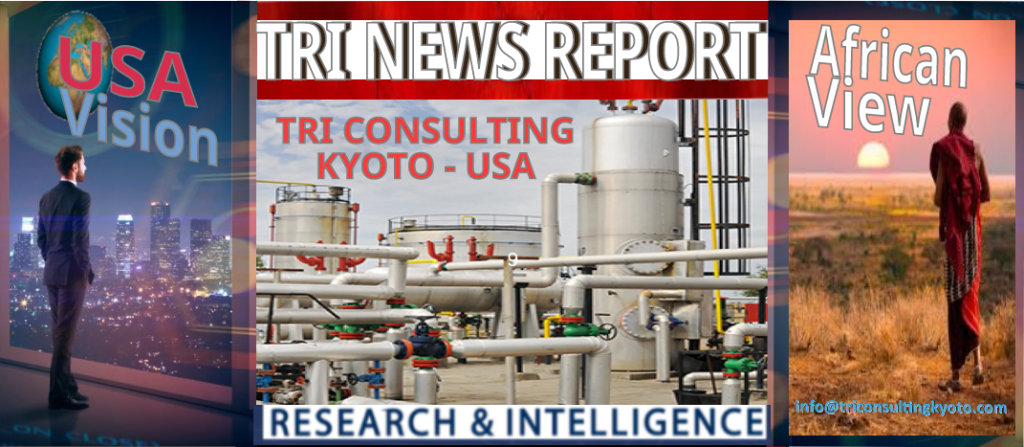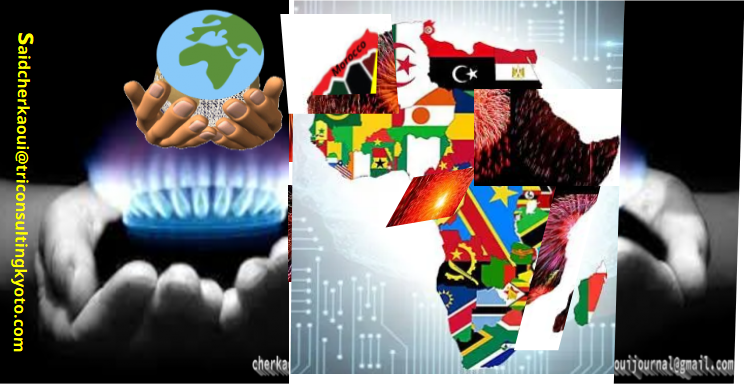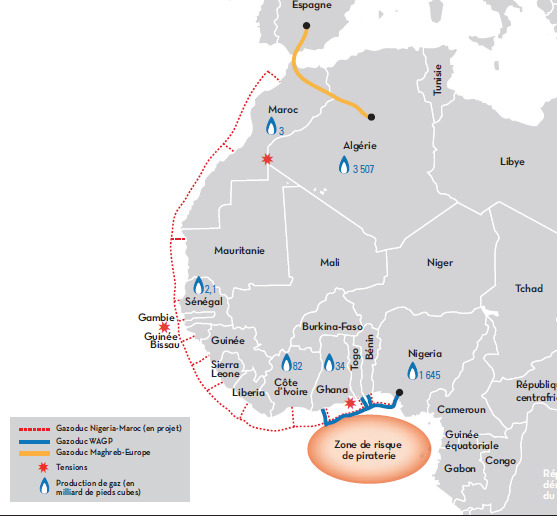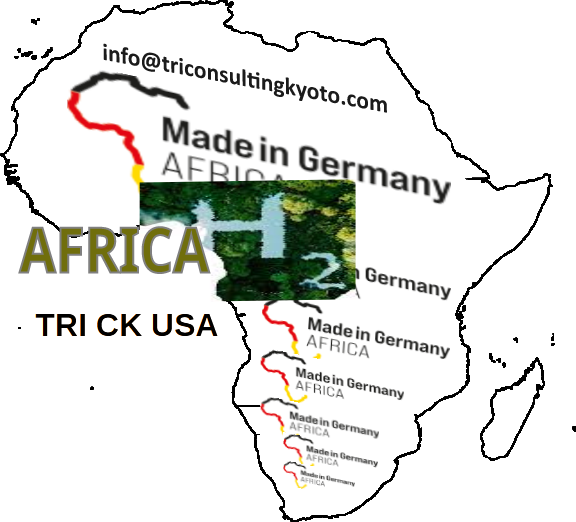TotalEnergies has announced plans to invest up to $6 billion in Nigeria, the largest oil producer in Africa.
In December 2023, French TotalEnergies announced plans to invest $6bn (€5.47bn) over multiple years in gas production and deep-water projects. This investment will boost its oil and gas operations in Nigeria and is aligned with the trend among international oil companies (IOCs) that are shifting their focus from onshore to offshore operations in Nigeria.
However, there have been challenges in retaining the oil major’s interest in offshore assets in Nigeria, which have been susceptible to insecurity and vandalism. Nigeria’s oil and gas infrastructure, including pipelines, has faced issues related to insecurity and maintenance. Mele Kyari, the group managing director of NNPC Limited, mentioned to senators in November 2023 that over 5,000 kilometers of pipelines in Nigeria are not operational. For example, the pipeline from Warri to Benin has been inactive for the past 22 years.

Equinor, the Norwegian state-owned international energy company, recently sold its stake in the Chevron-operated Agbami field, which is one of Nigeria’s largest deep-water oilfields. The buyer was Chappal Energies, a local rival, and this transaction reflects the broader trend of international oil companies (IOCs), such as ExxonMobil and Shell, either exiting or planning to exit certain operations in Nigeria.
Nigeria has seen a continual drop to a multi-decade low of below 1 million barrels per day in 2022 due to challenges such as oil theft, vandalism, and aging infrastructure. Nigeria is actively working to overcome these obstacles and boost production levels. All these conditions have resulted in the loss of revenues at a time when international demand such as the European need to find substitute suppliers for Russian oil and gas and China and India’s increased reliance on fossil energy.
Nigeria plays a significant role in TotalEnergies’ global output, contributing 8 to 10 percent of the company’s total production. Additionally, Nigeria accounts for more than 18 percent of TotalEnergies’ overall investments.

This is a Consulting Based Advice and Managerial Counseling and it is not legal advice. If you need to consult a lawyer, we help you find the expert on these questions.
Please send an email in this regard to: support@triconsultingkyoto.com
Addenda – Documents
Nigeria’s oil and gas policy includes:
- National Petroleum Policy (NPP)Approved in 2017, this policy aims to use hydrocarbons as a fuel for national economic growth.
- Nigerian National Gas Policy Approved in 2017, this policy provides a framework for developing and using natural gas.
- Petroleum Industry Act (PIA)Signed in 2021, this act aims to create an environment that is conducive to the growth of the oil and gas sector.
- Petroleum Industry Act 2021This act aims to address the grievances of communities and create an environment that is conducive to the growth of the sector.
Other goals of Nigeria’s oil and gas policy include:
- Making the economy entirely gas-powered by 2030
- Recovering 50% of methane recovered from landfills by 2030
- Reducing open burning of waste by 50% by 2030
- Reducing 30% of emission intensity in the agricultural sector by 2030
- Converting 25% of all buses to natural gas by 2030
- Phasing out 80% of HFCs by 2045
The Department of Petroleum Resources (DPR) is responsible for monitoring the petroleum industry and supervising all petroleum industry operations.
Dangote African Carnegie and Rockefeller
Updated on 7/29/2024 – 3:43 PM Nigeria is blessed with abundant natural resources, especially crude oil. It is at times the largest oil producer in Africa and one of the top ten in the world. However, the country’s refining capacity has consistently been inadequate to meet the demands of its population and growing economy. Nigeria’s … Continue reading

Europe and Nigerian Gas
– Said El Mansour Cherkaoui, Ph.D. Posted on – Currently, the war in Ukraine and the sanctions imposed by the United States and the European Commission have led to renewed interest in supplying European countries with alternative energy sources such as the Nigeria – Europe Gas Pipeline. This “opportunistic” revival is currently kept in turmoil by the continuing stalemate in the Russian-Ukrainian conflict following … Continue reading
Germany and Africa: New Clean Energetic Relation
“Germany and Africa: New Clean Energetic Relation” – Said El Mansour Cherkaoui, Ph.D. Posted on saidcherkaoui@triconsultingkyoto.com German Chancellor Olaf Scholz the New Teutonic African pledges €4 billion in #Africa’s green energy On November 20, 2023, Chancellor Scholz after meeting African leaders and heads of international organizations during the G20 conference, said the conference with African leaders was “the starting signal for stronger, reliable cooperation between Africa and Europe to realize … Continue reading




Leave a Reply